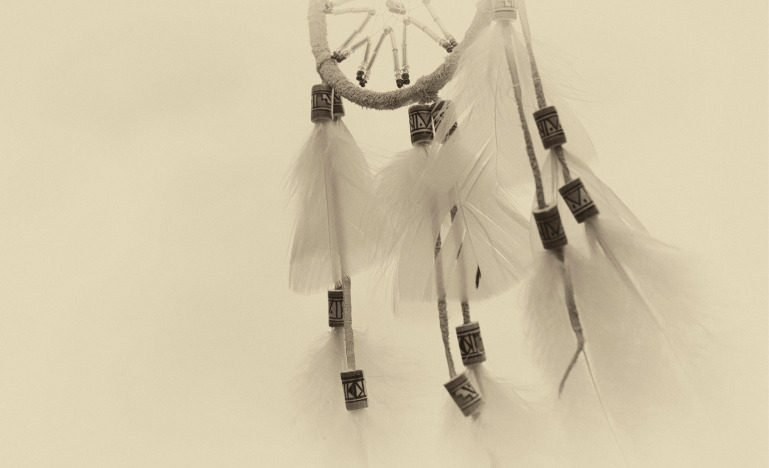Cultural competence is both knowledge and values
It takes personal work, but lawyers can do a lot more to model reconciliation in their practices.

It is heartbreaking that so little seems to change.
The report on Missing and Murdered Indigenous Women and Girls was released on June 3, almost four years to the day after the Truth and Reconciliation Commission’s Calls to Action, and 23 years after the Royal Commission on Aboriginal Peoples. Each report heightened the sense of urgency, if not emergency, about inequities faced by Indigenous peoples. Each report documented evidence about systems and structures which are not serving Indigenous peoples well, and Indigenous peoples rates of sickness, incarceration and death at much higher rates than other Canadians.
Why is it so difficult for this country to face and address the persistent inequities in this country? I can see three reasons.
Firstly, change is difficult because Canada does not have a shared story of itself. Barack Obama recently reflected on the growing disconnect in the U.S. between political parties and ideologies, and noted that there is a risk to the American shared story of itself. Their story is becoming fragmented, and a country's ability to democratically govern well is dependent on its common shared story. The irony is that Canada has never had a shared story of itself. Settler Canada and Indigenous Canada have very different stories. There's truth in both. And there are some lies in the Settler Canadian version. The difficulty is in building enough trust to hear each other.
Many Canadians may not be fully aware of the long history of legislated racism against Indigenous peoples. It then becomes too easy to ask, "what's wrong with you?", instead of asking, "what happened to you?" For instance, the Indian Act itself is based on the racist view that "Indians" will never achieve the intellect of adults, so must be cared for in a fiduciary role.
A degree in history is not required, but learning a balanced history that embeds Indigenous experience and perspective is. The time is long over for Canadians to idly stand by when leaders deny the lived experience of Indigenous peoples and attempt to gloss over history with the rationale of "good intent."
Let's be clear. There was no good in the intent of the Indian residential schools' legislation, the Indian pass system which enforced First Nations to stay on reserve on the penalty of jail, or the legislation which denied Indigenous peoples the right to a lawyer or to raise funds to hire a lawyer.
There is a need for relationship and learning from each other. This is both about building knowledge, but there is an element of fear and discomfort. This isn't easy, but it is necessary. Accurate knowledge of Canada's history builds curiosity and empathy, and reduces racism and indifference.
There is a second reason why change is difficult, and it's about valuing culture. Your culture of origin is a lens in which you see the world. Your views on what is good communication, good conflict resolution, good leadership are all influenced by your culture. Not everybody agrees with you on what good communication or leadership is, as they come from different cultures. Indigenous cultures, which have different concepts about good communication, then, may be dismissed as "less than."
Here's an example: pause theory. It's the space between when one person stops talking and another starts talking, and it's culturally influenced. European cultures of origin tend to have a pause theory of one to three seconds, and then awkwardness sets in, as there's an expectation to use the time, and speak with assertiveness. If there's a person in the room with a longer pause theory, do you project your cultural lens on that person? Assume you weren't heard, so say it louder? Repeat? Say it slower? Perhaps assume the person just won't get it? Instead, a First Nations person may be doing what is culturally appropriate for him or her: taking the time to prepare to speak to say it in a good way.
Cultural competence is also about values. Choosing to value the opportunity to learn from people from other cultures. It's about the willingness to truly learn about their values and world view, and the decision to value others when they hold different views as you.
We all take our cultures to work. We cannot take it off. But we can choose to deepen self-awareness of our own culture, the deep values which drive us. The more self-aware you are of your own culture, the less likely you will be to unintentionally project your cultural values on others.
Learning a balanced history of Canada and building cultural competence values and skills is not easy. It's personal work.
Ask yourself: What will you choose to do to learn more about Canada's history as the backdrop for today's alarming over-incarceration of Indigenous peoples? Will you choose to learn more as a means to build relationship and understanding with your Indigenous peers?
What will you choose to do to deepen your own self-awareness of your culture, to strengthen your cultural competence to better serve your Indigenous clients?
You are asked to do the work because cultural competence is the knowledge, self-awareness and daily practice which is necessary to change our path toward reconciliation.


